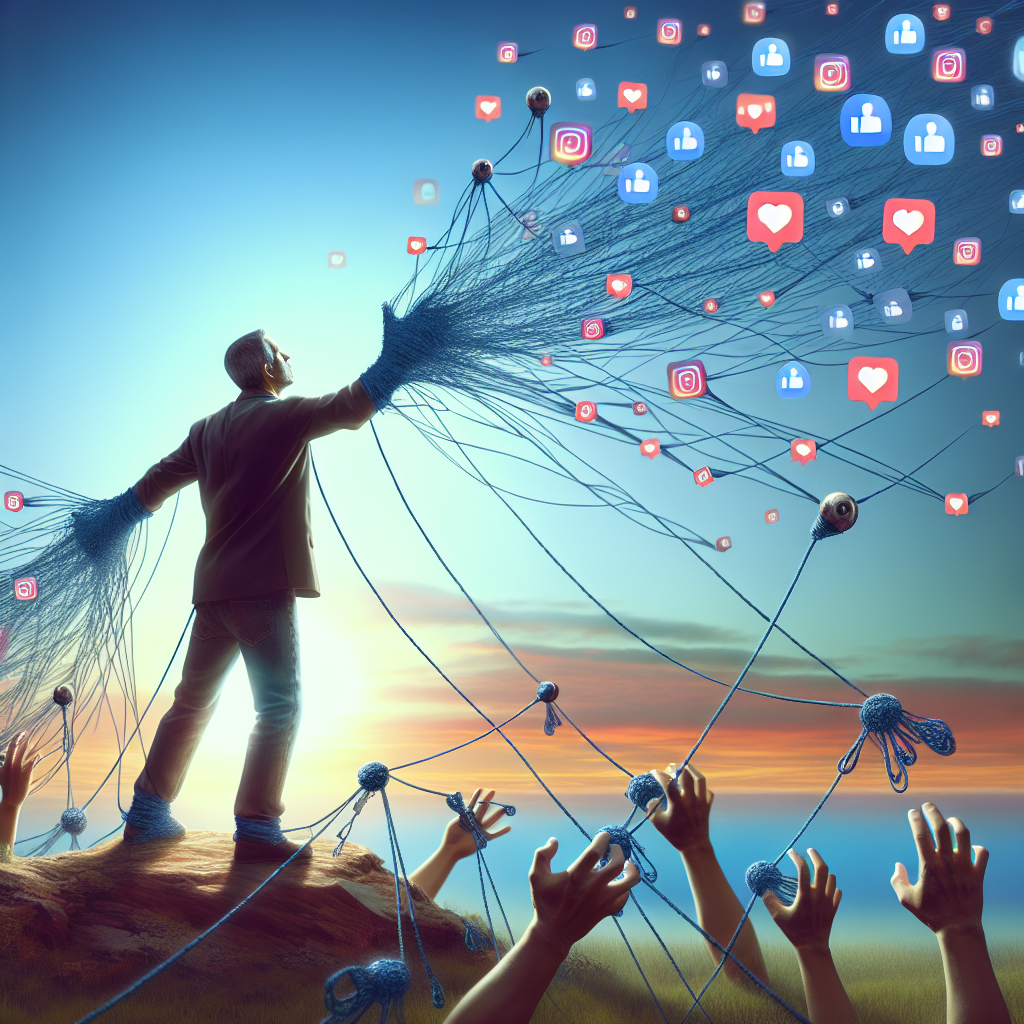The Rise of Deinfluencing: Navigating Consumer Culture in Economic Uncertainty
The influencer industry, now worth over USD 250 billion, is at the center of the digital economy. In times of economic uncertainty, social media trends like deinfluencing emerge, encouraging cost-effective consumer practices. Deinfluencers and recessionistas teach followers to prioritize essential spending, reshaping the landscape of consumer culture.

- Country:
- Canada
The influencer industry, valued at over USD 250 billion, stands at the heart of the digital economy. Popular content like haul videos and unboxings have long fueled consumer culture. However, with growing economic concerns, influencers are now urging prudence, discouraging impulsive purchases amid financial uncertainty.
As American tariffs and rising youth unemployment contribute to economic instability, consumption patterns are being reshaped. Social media trends such as deinfluencing highlight this shift, emphasizing mindful spending. This mirrors the past with remedies like recessionistas, who taught value-conscious consumption during financial downturns.
The essence of deinfluencing extends beyond cost concerns, touching on authenticity. The Mascaragate scandal exposed ethical issues in influencer marketing. Despite critics arguing it still promotes consumption, deinfluencing encourages more prudent spending habits as social media users rethink financial behaviors against a backdrop of economic strain.










